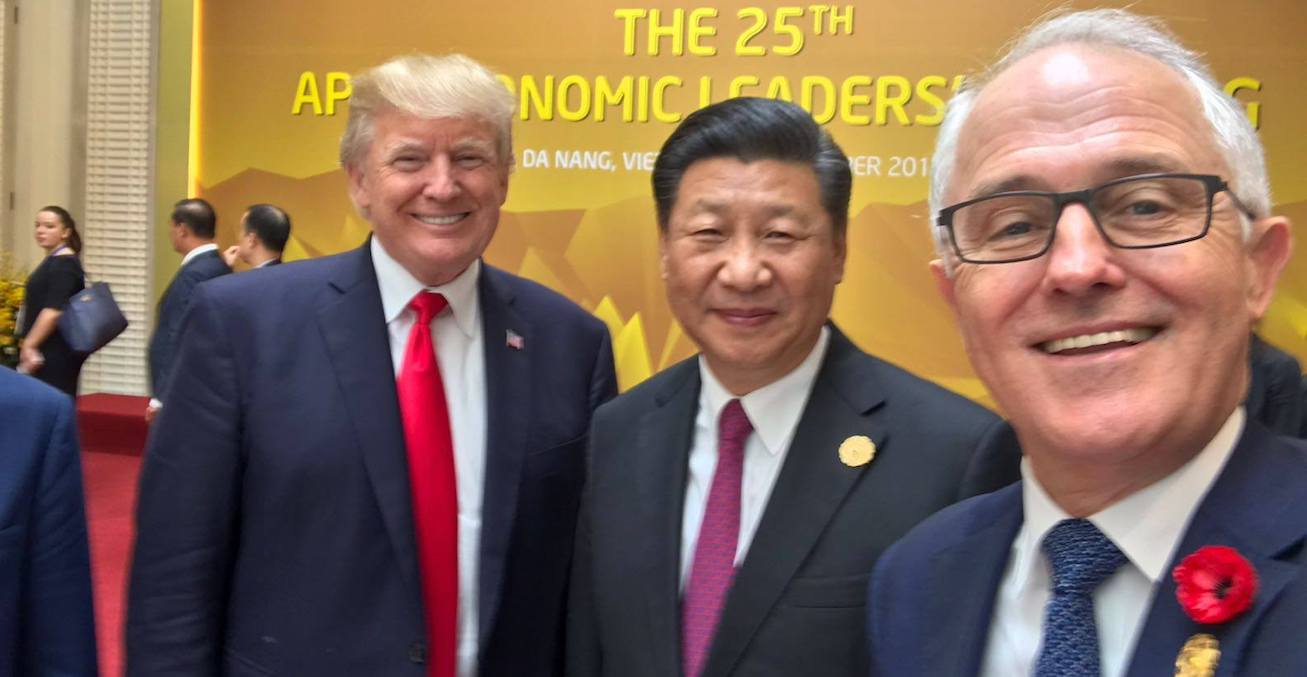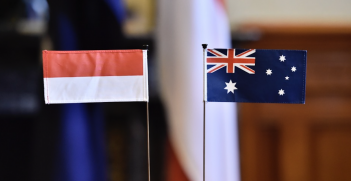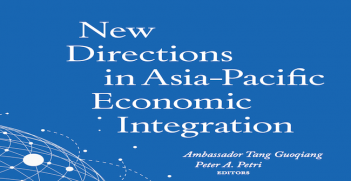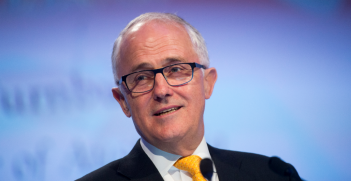Why Turnbull's Asian Summit Trip was a Missed Opportunity

On the eve of the release of the government’s Foreign Policy White Paper, Malcolm Turnbull’s efforts at APEC and the East Asia Summit went some way towards achieving three Australian foreign policy aims, but failed at what should have been the fourth.
The APEC and East Asia Summit (EAS) meetings, both recently attended by Prime Minister Malcolm Turnbull, are moments of ceremonial certainty amid the wider changes ongoing in the region. What were the priorities for Australia on this trip? Three big ticket items can be identified.
The first was to buttress the institutional architecture of the region against fracture in an age of a distracted and declining US, a rising China, and significant confusion and concern from the smaller states in the region about how to handle this shift.
Here, there is cause for satisfaction. The 12-day visit of US President Donald Trump to East Asia, even if he left early, before the final photoshoot of the EAS, was significant. Trump may have brought along his own take on America in the region, grumbling about unequal trade and demanding that bilateral negotiations would have to work to benefit the US, but at least he was there. Small victories.
More generally, and often overlooked, the meetings, handshakes, leaders’ national costumes, awkward smiles and posed photographs are all part of the performance of certainty and consensus in a region where both are in short supply. This is perhaps the key contribution of Asia-Pacific institutions: they reassure that there is some sort of process in play and that this has continued as usual. The only thing worse than interminable ASEAN-led meetings is the day when states decide they do not want to attend them.
The second Australian aim was to seek new paths forward in the defence of Australia’s priorities in the region. In the face of US and Chinese competition, together with their allies and proxies in both APEC and the EAS, there is a growing need for Australia to find new paths forward. Here, there were some positive signs.
The Trans-Pacific Partnership (TPP), now shorn of US membership, survived a crisis when it seemed that Canada had torpedoed a deal. Now, the 11-state deal will move towards signature. Comprising a number of Asia-Pacific states, but excluding China, the TPP has long been a key part of the Australian vision for the region by working to cement friendly states into deeper cooperation.
The ‘quad’—comprising the US, Japan, India, and Australia—was relaunched when senior officials from the four states met to discuss a free and open Indo-Pacific. So early is this quadrilateral conversation that almost anything can be read into it: a mechanism to engage the US, to limit China by creating a forceful counterweight to it, or even to defend common democratic values from challenge. We need to avoid fanciful thinking, but the quad idea is worth pursuing.
The third aim was the defence of the specific rules and values that Australia seeks to promote: economic freedoms, freedom of navigation, the rule of law, human rights and good government. Here, less was achieved.
Often, Mr Turnbull said the right things; he rightly reinforced the chorus of condemnation against North Korea and he raised with Philippine President Rodrigo Duterte the widely condemned ‘war on drugs’ that has seen thousands die in extra-judicial killings.
But, either through his own silence or the actions of others, elsewhere Australia’s preference to see key values defended suffered numerous setbacks. Duterte again indicated that he would pursue peace with China rather than confront it over its claims in the South China Sea. It’s hardly a ringing endorsement of the international law at the heart of Australia’s vision of world order given the ruling of the Permanent Court of Arbitration in 2016.
The ongoing Rohingya crisis in Myanmar was almost entirely ignored, despite being the most immediately pressing humanitarian crisis in the region. The extremity of the deprivations of the Rohingya, and the inaction and silence of regional institutions and leaders, continues to render any claim to defend rights, democracy or good governance entirely hollow.
There should have been a fourth aim that Mr Turnbull pursued whilst overseas—articulating a vision of Australia in Asia not only to fellow leaders but to the Australian public. This seems to have been entirely absent.
The much-anticipated Foreign Policy White Paper is inching towards completion. Whatever aims it outlines will require not only public consultation, but also public acceptance. If Australia’s future is in Asia, then it is the job of our leaders, from the prime minister down, to tell the people of that importance and to explain what we seek in the region and what we want from it. An Asian future requires an Asian-informed and Asian-engaged public.
Yet this trip, the most important of the year, was almost entirely overshadowed by Mr Turnbull’s own domestic weakness: the ongoing citizenship questions surrounding members of parliament and the final days of the same-sex marriage survey. Instead of laying the groundwork for public engagement, with Australia hosting ASEAN leaders for the first ASEAN-Australia Special Summit next year, this trip has become lost in the hubbub of daily politics.
Facilitating Australian public support for foreign policy goals is always going to be an uphill battle and we cannot allow opportunities such as the recent trip to pass us by.
Dr Mathew Davies is a fellow and senior lecturer at the Australia National University’s Coral Bell School of Asia Pacific Affairs. He is the head of the Department of International Relations.
This article is published under a Creative Commons Licence and may be republished with attribution.





